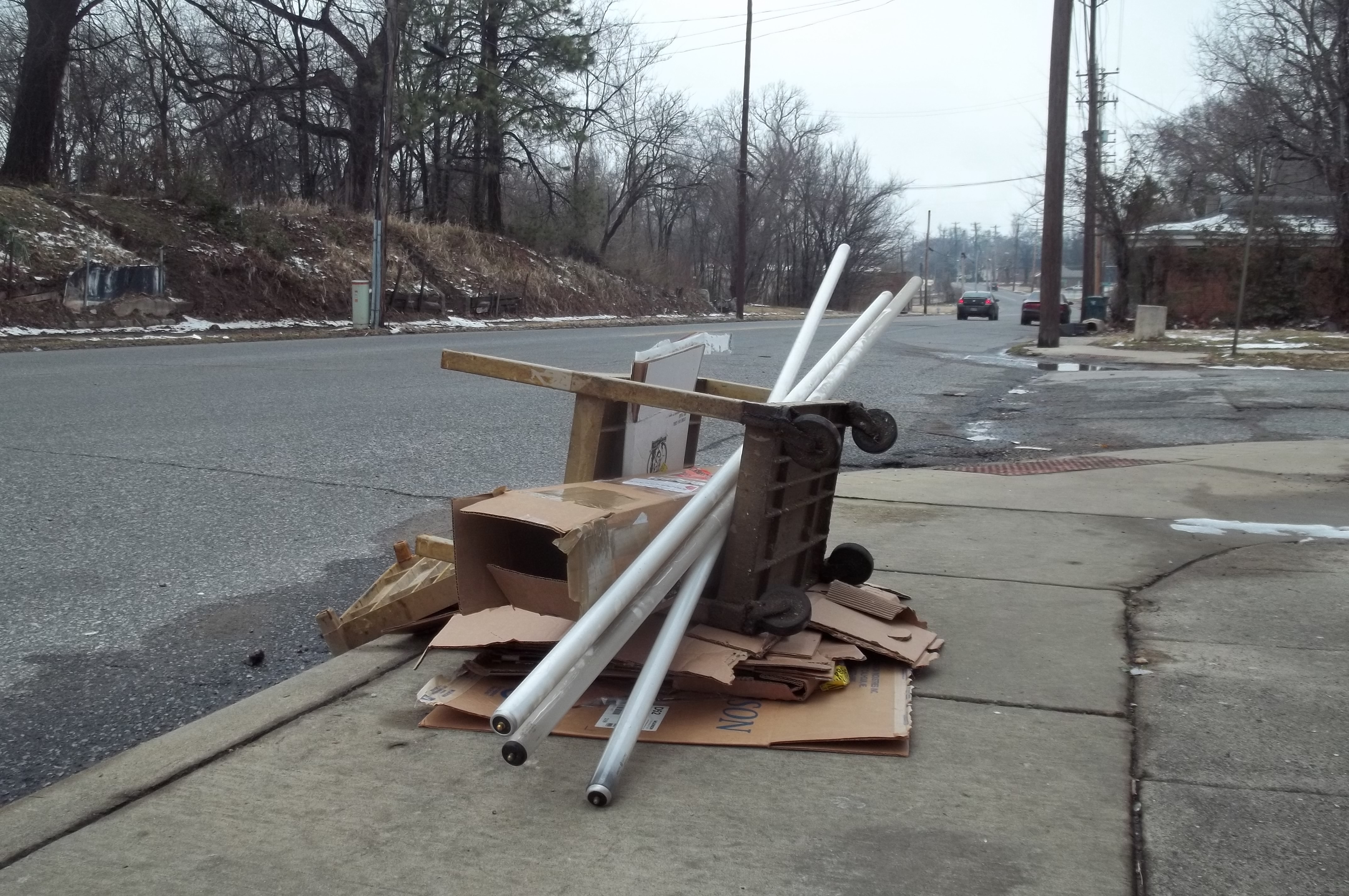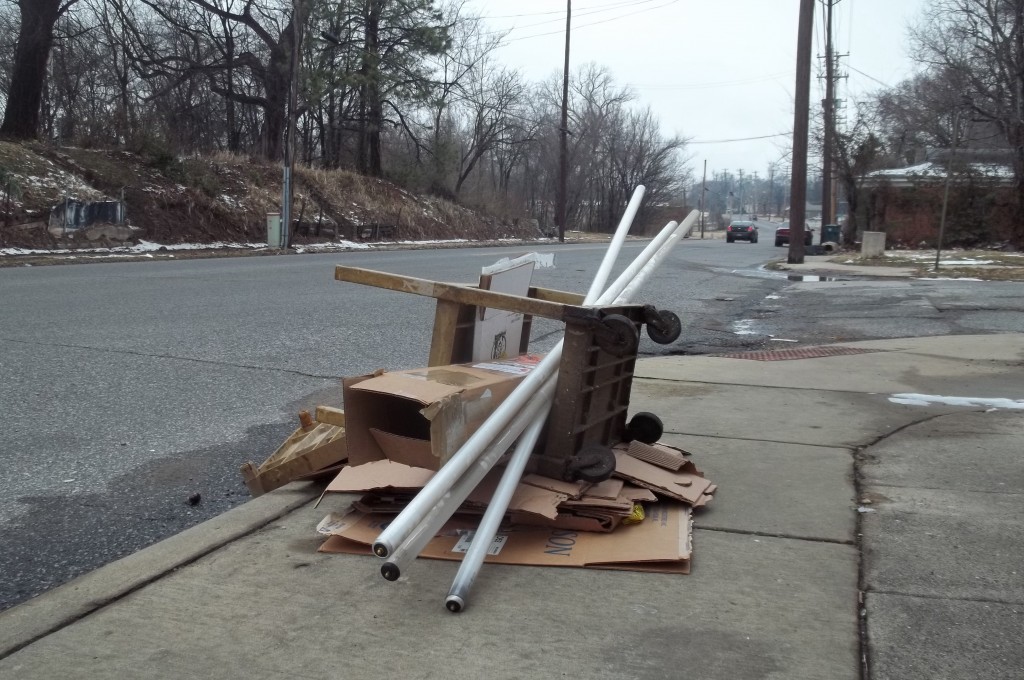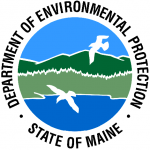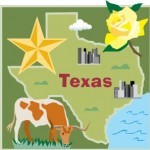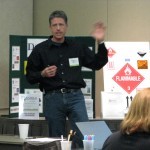On its website the US Government Printing Office makes a wealth of Federal publications available for review and download; one of these is the Federal Register.
Published by the Office of the Federal Register, National Archives and Records Administration (NARA), the Federal Register is the official daily publication for rules, proposed rules, and notices of Federal agencies and organizations, as well as executive orders and other presidential documents.
See below for a brief summary of announcements in the Federal Register by the US EPA on the subject of Hazardous Waste and the Pipeline & Hazardous Materials Safety Administration (PHMSA), Federal Railroad Administration (FRA), Federal Motor Carrier Safety Administration (FMCSA) and the Federal Aviation Administration (FAA) of the US DOT on the subject of Transportation of Hazardous Materials.
The Federal Register is a great way to look down the road and see potential changes to the regulations long before they are put into effect (sometimes The Rulemaking Process takes years before a final rule is issued, if ever). Knowledge of these potential changes provides you with several advantages:
- Additional time to modify your business operations to comply.
- Awareness of on what topics the regulatory agencies intend to focus their efforts.
- The ability to register your concerns, complaints, suggestions, etc. in order to modify the proposed rule before a final rule is issued. It can be done, really!
- Make changes to your training program to account for changes that become effective before the next training cycle.
- Alert you to the need to re-train your employees prior to their next scheduled training cycle, if necessary.
- Keep you abreast of changes to the regulations that affect your business and/or your industry group.
Please note that this is my best effort to identify the relevant announcements in the Federal Register that may be of interest to generators of hazardous waste and shippers of hazardous materials. I encourage you to review the list of Federal Register publications yourself to ensure regulatory compliance.
April 15, 2014 through May 29, 2014
PHMSA – Pipeline and Hazardous Materials Safety Administration:
Rules and Regulations:
None
Proposed Rules:
None
Notices:
- New York City Permit Requirements for Transportation of Certain Hazardous Materials Pages 21838 – 21840 [FR DOC # 2014-08691] PDF | Text | More
- Pittsburgh, Pennsylvania Permit Requirements for Transportation of Hazardous Material Pages 21840 – 21842 [FR DOC # 2014-08690] PDF | Text | More
- Notice of Applications for Modification of Special Permit Pages 25987 – 25988 [FR DOC # 2014-10071] PDF | Text | More
- Notice of Application for Special Permits Pages 25988 – 25989 [FR DOC # 2014-10073] PDF | Text | More
- List of Special Permit Applications Delayed More Than 180 Days Pages 25989 – 25990 [FR DOC # 2014-10069] PDF | Text | More
- Special Permit Applications Pages 25994 – 25995 [FR DOC # 2014-10070] PDF | Text | More
- Recommendations for Tank Cars Used for the Transportation of Petroleum Crude Oil by Rail Pages 27370 – 27371 [FR DOC # 2014-10914] PDF | Text | More
- International Standards on the Transport of Dangerous Goods Pages 30689 – 30690 [FR DOC # 2014-12238] PDF | Text | More
FRA – Federal Railroad Administration:
Rules and Regulations:
None
Proposed Rules:
None
Notices:
- Recommendations for Tank Cars Used for the Transportation of Petroleum Crude Oil by Rail Pages 27370 – 27371 [FR DOC # 2014-10914] PDF | Text | More
FAA – Federal Aviation Administration:
Rules and Regulations:
None
Proposed Rules:
None
Notices:
None
USEPA – US Environmental Protection Agency:
Rules and Regulations:
None
Proposed Rules:
- Hydraulic Fracturing Chemicals and Mixtures Pages 28664 – 28670 [FR DOC # 2014-11501] PDF | Text | More
Notices:
- Santa Fe Springs Drums Site, Santa Fe Springs, CA; Notice of Proposed CERCLA Settlement Agreement for Recovery of Past Response Costs Pages 23352 – 23352 [FR DOC # 2014-09575] PDF | Text | More
- Proposed CERCLA Administrative Cost Recovery Settlement; Absorbent Technologies Site, Albany, OR Pages 26961 – 26961 [FR DOC # 2014-10844] PDF | Text | More
- Chemfax Inc. Superfund Site; Gulfport, Harrison County, Mississippi; Notice of Settlement Pages 26962 – 26962 [FR DOC # 2014-10804] PDF | Text | More
Information can be helpful but it’s useless if you are not able to make sense of it. You must be able to determine how any changes to the rules and regulations (final or proposed) will affect your operations, and communicate the necessary information to your personnel. I can help you to do that.
Daniels Training Services 815.821.1550 |
Please contact me for a free training consultation to determine your regulatory requirements and how training can help you to attain and maintain compliance with the regulations of the USEPA (and your state) and the PHMSA/USDOT.

